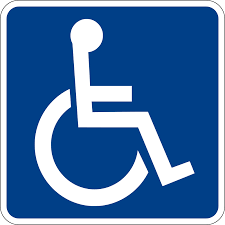impairment
英 [ɪmˈpeə.mənt]
美 [ɪmˈper.mənt]
- n. 损伤,损害

记忆方法
将“impairment”拆解为“im”和“pair”,记住“im”带有否定的意味,而“pair”代表一对。想象“im”使这对搭档(pair)的功能或状态受损,从而联想到“impairment”意味着损害或削弱。
以上内容由AI生成, 仅供参考和借鉴
中文词源
impairment 损伤,缺陷
来自impair,损伤,伤害。
英语词源
- impairment (n.)
- mid-14c., emparement, from Old French empeirement, from empeirier (see impair). Re-Latinized spelling is from 1610s.
权威例句
- 1. He has a visual impairment in the right eye.
- 他右眼视力有损伤。
- 2. Contraindications for this drug include liver or kidney impairment.
- 这种药物的禁忌证包括肝脏或肾脏损伤。
- 3. impairment of the functions of the kidney
- 肾功能障碍
- 4. Her only lingering impairment is a paralyzed hand.
- 她惟一没有恢复的是一只麻痹的手.
- 5. Put it in the flour without impairment of its surface.
- 把它放入面粉中且不损伤它的表面.